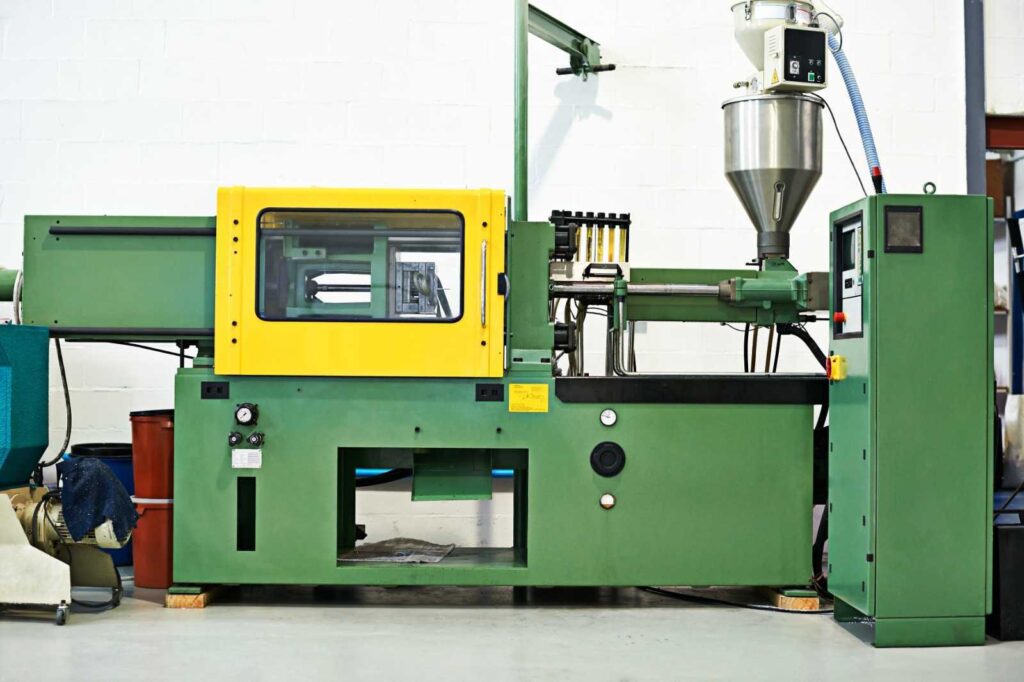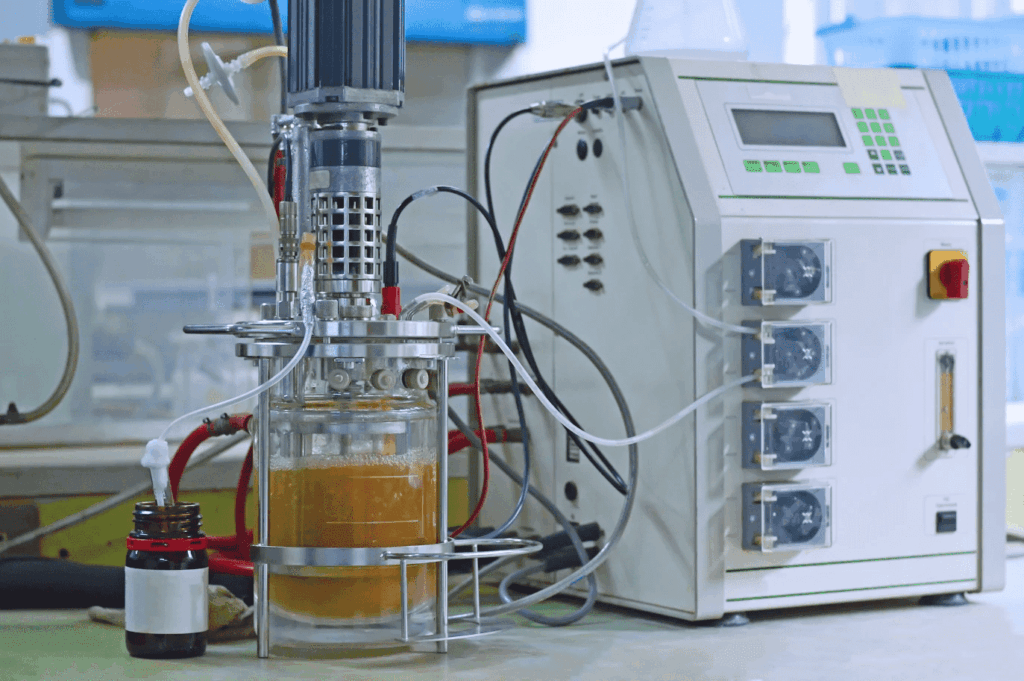Ensuring quality in contract manufacturing is more critical than ever. As businesses increasingly rely on third-party manufacturers for production, maintaining consistent quality assurance in manufacturing isn’t just a priority—it’s a necessity
This comprehensive guide explores how companies can establish and maintain robust quality standards when working with contract manufacturers.
Understanding the Foundation of Top-Notch Manufacturing
The path toward excellence in contract quality assurance begins long before the first product rolls off the production line. It starts with establishing a robust framework that combines strategic planning, clear communication, and systematic quality control measures. Manufacturing quality assurance isn’t just about inspecting final products; it’s about creating an ecosystem where quality is embedded in every step of the production process.
Establishing Clear Quality Standards and Expectations
One of the most critical aspects of contract quality management is establishing clear, measurable quality standards. This involves developing detailed specifications that leave no room for confusion. These specifications should cover everything from raw material requirements to final product characteristics, ensuring that both parties have a shared understanding of what will be considered acceptable quality.

The key to successful quality contract manufacturing lies in the documentation. Comprehensive quality agreements should outline the following:
- Specific quality parameters and tolerances
- Testing and inspection requirements
- Acceptance criteria for materials and finished products
- Procedures for handling non-conformities
- Responsibilities and accountability measures
Implementing Robust Quality Control Measures
Quality control in the manufacturing industry requires a multi-layered approach. This begins with incoming material inspection and continues through in-process checks to final product verification. Modern industrial quality assurance practices often incorporate the following:
Incoming Material Control
Every manufacturing process begins with raw materials, and their quality directly impacts the final product. Establishing strict incoming material inspection protocols helps prevent quality issues before they enter the production process. This includes verifying material specifications, conducting necessary tests, and maintaining proper documentation of all inspections.
Process Control and Monitoring
Quality control and quality assurance in manufacturing must include continuous monitoring of production processes. This involves implementing statistical process control methods, maintaining optimal equipment conditions, and ensuring proper training of personnel. Regular monitoring helps identify potential issues before they become serious problems, allowing for prompt corrective actions.
Advanced Quality Planning
Successful quality assurance in the manufacturing industry requires looking beyond immediate production needs. Advanced quality planning involves:
- Setting up quality control checkpoints throughout the production process
- Implementing preventive maintenance programs
- Establishing clear communication channels for quality-related issues
- Developing contingency plans for potential quality challenges
Leveraging Technology for Quality Assurance
Modern contract manufacturing quality control has been revolutionized by technology. Digital quality management systems, real-time monitoring tools, and data analytics platforms have become essential components of effective quality control programs. These tools enable manufacturers to:
- Track quality metrics in real-time
- Identify trends and patterns in quality data
- Generate comprehensive quality reports
- Maintain detailed documentation of quality control activities
Building Strong Communication Channels
Effective communication is essential for successful contract quality assurance. Regular meetings, status updates, and clear reporting structures ensure that quality-related information flows smoothly between all stakeholders. This includes:
Regular Quality Reviews
Scheduled quality review meetings help maintain alignment between the contract manufacturer and the client. These sessions should cover current quality performance, upcoming challenges, and opportunities for improvement.
Clear Escalation Protocols
When quality issues arise, having clear escalation procedures ensures quick resolution. This includes defining who to notify, actions to take, and how to document and track issues.

Continuous Improvement in Quality Management
Excellence in manufacturing quality control requires continuous improvement. Successful contract manufacturing relationships require a commitment to continuous improvement. This involves:
- Regular assessment of quality metrics and performance indicators
- Implementation of corrective and preventive actions
- Updates to quality control procedures based on lessons learned
- Investment in training and development of quality control personnel
Measuring Success in Quality Management
Success in manufacturing quality assurance must be measurable. Key performance indicators (KPIs) should be established and monitored regularly. These might include:
- Defect rates and trends
- Customer complaints and returns
- On-time delivery performance
- Cost of quality metrics
Conclusion
Ensuring quality in contract manufacturing requires a comprehensive approach that combines clear standards, robust processes, effective communication, and a commitment to continuous improvement. Implementing these strategies ensures a strong focus on quality at every level. This helps organizations build lasting relationships with contract manufacturers while delivering consistent quality to customers.
Machine Maze ensures you never have to worry about quality checks. Our vetted supplier network ensures that your parts are delivered in top-notch quality.
The key to success lies in viewing quality not as a separate function but as an integral part of the entire manufacturing process. When quality becomes embedded in the culture of both the client organization and the contract manufacturer, excellence becomes not just a goal but a natural outcome of day-to-day operations.




